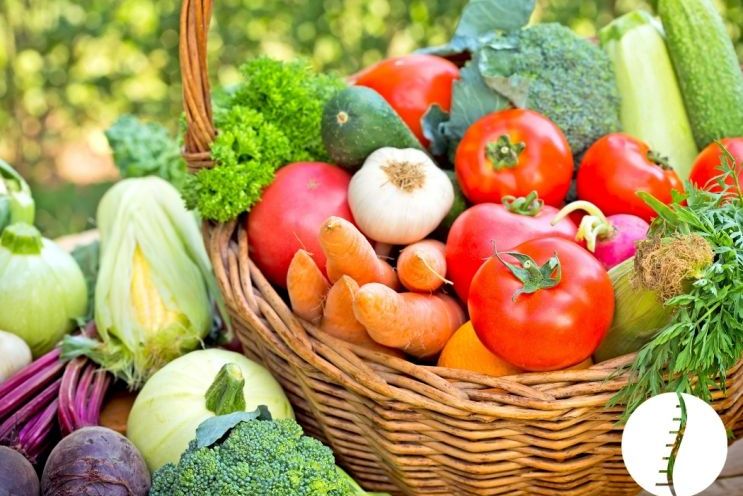Can you remember what you had for dinner last night? Did it include an appropriate portion of vegetables? If it did not, you are probably not alone.
The Center for Disease Control and Prevention conducted a survey and found that only 14 percent of adults in the U.S. eat at least three servings of vegetables daily. Not getting in your daily vegetables may put you at risk of developing health issues in the future.
Before you start looking for nutritional counseling near me, take a moment to learn why eating vegetables regularly may benefit you and what are some healthy choices.
What are the benefits of eating vegetables?
Veggies do more than make tasty side dishes. Harvard Public Health states that having a diet rich in vegetables and fruits may lower your risk of developing health problems like - high blood pressure, heart disease, strokes and even prevent certain types of cancers.
If you are trying to lose or maintain your weight, eat more vegetables. Aside from helping you prevent diseases, vegetables can also help you maintain a healthy weight. These power-packed foods are low in calories, help you stay full and give you the boost of energy you need.
How many vegetables should you be eating
Now that you know what are the benefits of eating vegetables, it is time to learn how many servings you should have daily. The amount of vegetables you should be eating depends on your age, gender and activity levels.
Adult men should be eating at least three cups of vegetables daily. Women of that same age group should be eating two and a half cups of vegetables daily. The intake of vegetables should increase if you are physically active. If you have specific goals or have health issues, get nutritional counseling to find the correct amount for you.
Four healthy vegetable choices
Whether you prefer your vegetables in a salad or snack, here are some healthy vegetable choices to add to your diet.
Spinach
Spinach is packed with nutrients and antioxidants. This leafy vegetable has been linked to helping reduce stress, protecting your eyes and preventing cancer. It can be enjoyed in many ways, like raw in salads or cooked in your favorite dishes.
Broccoli
Broccoli is popularly known as the vegetable that resembles a little tree. This cruciferous vegetable is full of nutrients, vitamins, antioxidants and fiber. Research shows that broccoli prevents heart disease, cancer and protects your bones.
Sweet potatoes
Are you looking for healthier potato options? Try sweet potatoes. This root vegetable is an excellent source of protein, potassium and vitamins. Adding sweet potato to your diet helps boost your immune system, promotes a healthy gut and helps prevent cancers.
Kale
Kale is considered to be a superfood. This leafy vegetable is an excellent source of vitamins, antioxidants and minerals. Research links this superfood to weight loss, preventing cancer and lowering cholesterol.
Are you looking for nutritional counseling near me?
Visit Wisniewski Chiropractic! Not only do we provide chiropractic care, but also nutritional counseling services. Our nutritional counseling team can help create a diet that fits your needs, like healing your musculoskeletal injuries or managing your weight. Book your appointment today!


Leave Comment